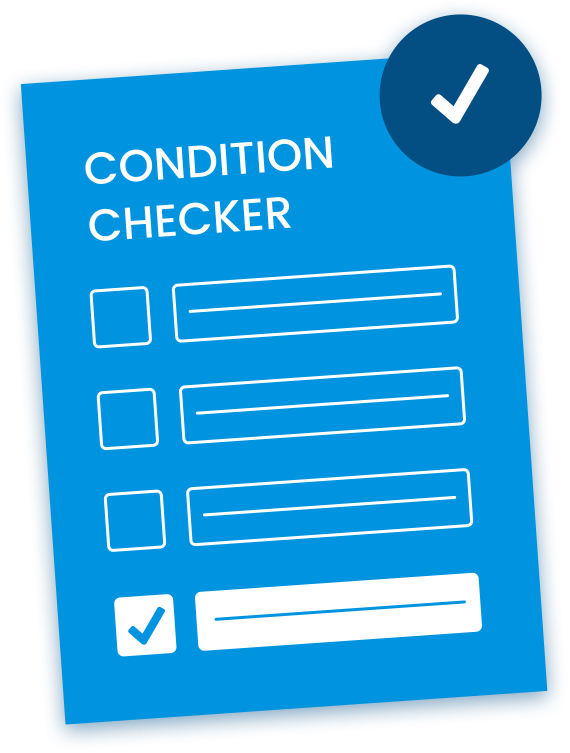Dysplasia
Find out which possible conditions you may be suffering from by trying our 2-min Guided Pain Assessment Form!





Dysplasia is a medical condition in which the cells of tissue, bone, or organs develop abnormally. Dysplasia can develop anywhere in the body, at varying levels of severity, and can lead to other ailments involving precancerous cells or enlarged tissue.
At NJ Spine & Orthopedic, our board-certified orthopedic specialists have the knowledge and experience to diagnose dysplasia accurately. We will collaborate with you to develop a treatment plan that best suits your lifestyle and will help you reach your goals.
In orthopedic medicine, dysplasia is a condition that affects the development of bones and joints. It changes how cells grow and divide and is a common cause of hip pain in children and adolescents. Dysplasia does not always result in pain, but it often causes stiffness or instability that worsens over time.
Whereas hyperplasia is an overgrowth of normal-appearing cells in the tissue, dysplasia is more severe, as it is a precancerous state of abnormal cell growth. Although it is not cancer, it does have the ability to develop into cancer later on. Dysplasia is most common during the first few years of life, and it can affect one or many joints. In bone dysplasia, this abnormal growth is usually found in cartilage or the underlying bone itself. While it typically affects the hip, it can also affect other joints.
If you have dysplasia in your hips or any other joints, they may not fit together correctly when they are supposed to be in motion. This can lead to pain and stiffness in those areas when you walk or run.

Find your condition with our 2-minute Condition Checker.
Dysplasia can be diagnosed by an NJ Spine & Orthopedic board-certified specialist, who will perform a physical examination and order x-rays or other tests (such as blood work) as needed. Signs of the different types of dysplasia include:
Know that these symptoms can apply to other conditions, so do not use these lists as a diagnostic tool. Consider reaching out to a specialist for diagnosis.

Discover which treatment options are right for you with our Treatment Finder.
Once your orthopedic doctor has diagnosed you with dysplasia, they will likely recommend one or more of the following treatments, depending on the type of dysplasia you have:
A specialist will diagnose your condition and will create a treatment plan tailored to your unique situation.
If you or your child is showing signs of dysplasia, it is important to see a doctor as soon as possible. If the condition is caught early enough, treatment may prevent further damage, and, in some cases, it could reverse some of the effects.
Make an appointment today with an NJ Spine & Orthopedic board-certified orthopedic specialist to discuss your treatment options by calling (866) 553-0612 or completing our convenient contact form.

Determine your eligibility with our Candidacy Verification.
"*" indicates required fields